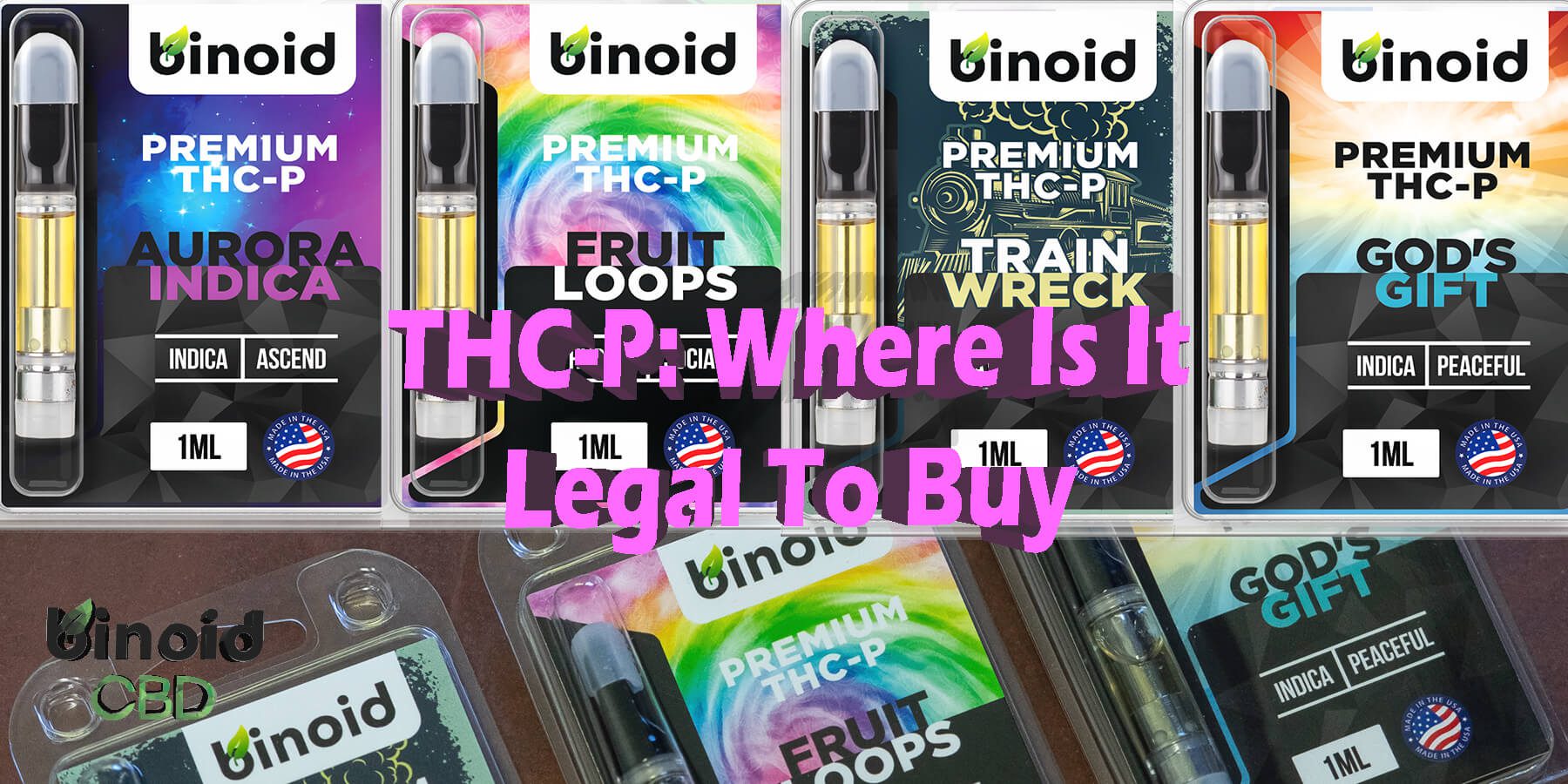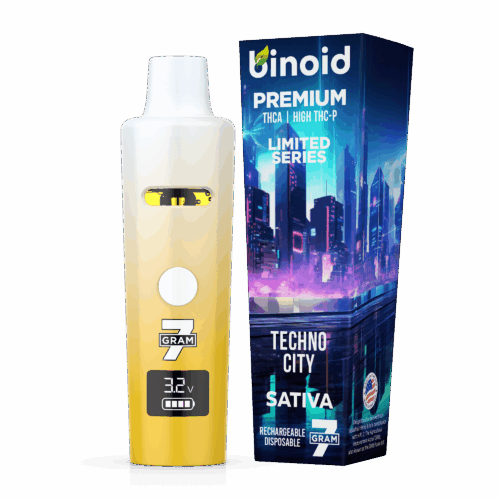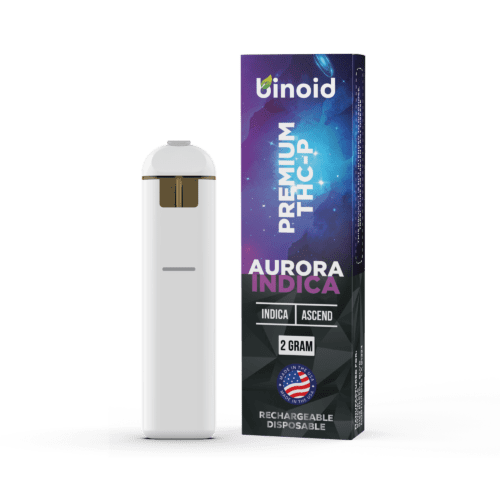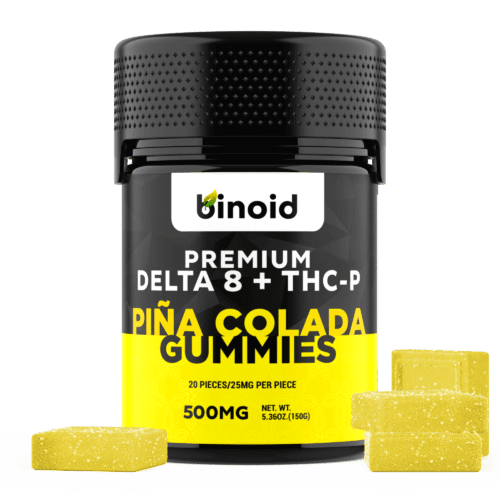At the time of this article being published, tetrahydrocannabiphorol (THC-P) is yet another psychoactive hemp derivative to join a host of cannabinoids already making a major impact on the market. Unsurprisingly, THC-P is unique from all of the others, with properties that set it apart and make it an awesome addition to the bustling industry. Not only that, but it’s just as powerful, if not more than delta 9 THC.
To buy THC-P Products Click Here
What is THC-P?
THC-P is a brand new compound that is hemp-derived, similar to Delta 8 THC, Delta-10, HHC, CBD, CBN and more! THC-P is highly effective to binding to the receptors in the body, meaning it is extremely powerful and highly effective. However, THC-P products usually have to be mixed with Delta 8 to work in combination, as a pure version of the compound is too powerful. Therefore, when THC-P distillate is used in THC-P products, you can expect to receive the powerful and useful effects that many are enjoying.
Is THC-P Federally Legal?
Under the 2018 Farm Bill, since tetrahydrocannabiphorol is derived from the hemp plant, federal law clearly states that all hemp derivatives, with the exclusion of delta 9 THC, can be sold and purchased legally. Basically, because THC-P is unique enough from delta 9, it’s federally protected.
-
Product on sale
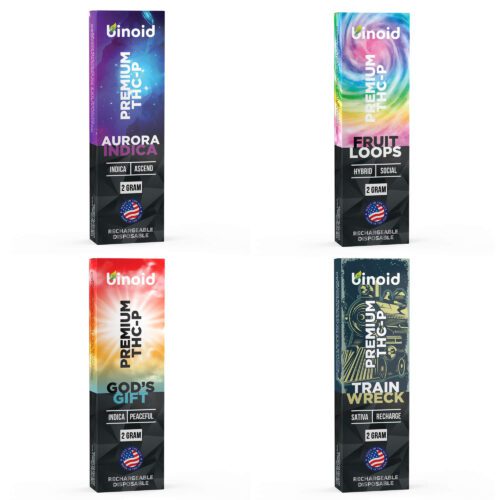 THC-P Disposable Vape 2 Gram – Bundle$117.99
THC-P Disposable Vape 2 Gram – Bundle$117.99$199.96
Is THC-P Legal in All 50 States?
Because of how new tetrahydrocannabiphorol is, being discovered in 2019, there really is no state legislation that has singled it out, at least yet. Still, there some states which have created legislation that bans psychoactive cannabinoids under the tetrahydrocannabinol (THC) classification, mainly in response to the growing popularity of another highly psychoactive compound (not nearly has high as THC-P) delta 8 THC. Essentially, THC-P is probably considered illegal in states in which delta 8, delta 10, THC-O, etc. have been banned.
- Alabama: THC-P is legal in Alabama
- Alaska: THC-P might be illegal in Alaska
- Arizona: THC-P might be illegal in Arizona
- Arkansas: THC-P might be illegal in Arkansas
- California: THC-P is legal in California
- Colorado: THC-P might be illegal in Colorado
- Connecticut: THC-P is legal in Connecticut
- Delaware: THC-P might be illegal in Delaware
- Florida: THC-P is legal in Florida
- Georgia: THC-P is legal in Georgia
- Hawaii: THC-P is legal in Hawaii
- Idaho: THC-P might be illegal in Idaho
- Illinois: THC-P is legal in Illinois
- Indiana: THC-P is legal in Indiana
- Iowa: THC-P might be illegal in Iowa
- Kansas: THC-P is legal in Kansas
- Kentucky: THC-P is legal in Kentucky
- Louisiana: THC-P is legal in Louisiana
- Maine: THC-P is legal in Maine
- Maryland: THC-P is legal in Maryland
- Massachusetts: THC-P is legal in Massachusetts
- Michigan: THC-P is legal in Michigan
- Minnesota: THC-P is legal in Minnesota
- Mississippi: THC-P might be illegal in Mississippi
- Missouri: THC-P is legal in Missouri
- Montana: THC-P might be illegal in Montana
- Nebraska: THC-P is legal in Nebraska
- Nevada: THC-P is legal in Nevada
- New Hampshire: THC-P is legal in New Hampshire
- New Jersey: THC-P is legal in New Jersey
- New Mexico: THC-P is legal in New Mexico
- New York: THC-P might be illegal in New York
- North Carolina: THC-P is legal in North Carolina
- North Dakota: THC-P is legal in North Dakota
- Ohio: THC-P is legal in Ohio
- Oklahoma: THC-P is legal in Oklahoma
- Oregon: THC-P is legal in Oregon
- Pennsylvania: THC-P is legal in Pennsylvania
- Rhode Island: THC-P might be illegal in Rhode Island
- South Carolina: THC-P is legal in South Carolina
- South Dakota: THC-P is legal in South Dakota
- Tennessee: THC-P is legal in Tennessee
- Texas: THC-P is legal in Texas
- Utah: THC-P might be illegal in Utah
- Vermont: THC-P might be illegal in Vermont
- Virginia: THC-P might be illegal in Virginia
- Washington: THC-P is legal in Washington
- West Virginia: THC-P is legal in West Virginia
- Wisconsin: THC-P is legal in Wisconsin
- Wyoming: THC-P is legal in Wyoming
Information above can change at any time, as more states begin to clarify their laws on individual hemp-based cannabinoids. This means that if you have an interest in purchasing THC-P, it is best to check with your state laws in order to have the most up-to-date information.
The FDA’s Role In THC-P
Presently, the FDA has not yet regulated hemp products, even though they are legal. What this means is that there could come a time when the FDA creates its own guidelines on FDA that are technically not part of state or federal law. At the moment, hemp products are sold in an unregulated market, which means that companies can essentially do whatever they want when producing hemp-based goods.
This is largely why we have such an enormous selection of product types to choose from when looking for CBD and other hemp derivatives. This means that for the time-being, you can legally buy THC-P products (assuming that it is legal in your state) that has not been created with industry regulations. This is a good thing in that it gives us a wider variety of products to choose from.
But, it also means that you have to be careful when making a purchase, to know for a fact that what you are getting is not just legitimate, but also high in quality and free of impurities and toxic substances that dilute the product formula.
The DEA and Hemp Companies
The United States Drug Enforcement Agency (DEA) is known to change their minds regularly, and many hemp companies producing thcp products have been on pins and needles wondering whether or not their operations will get shut down due to a sudden change in legal status.
The problem with thcp is that it’s becoming more popular, which is good for companies, but also draws more attention to the compound, which can lead to more attention from the DEA themselves. If they decide that thc-p is becoming a social concern, they may end up putting it on the list of controlled substances, which would harm hemp companies that are simply complying with the law by deriving thcp from hemp through completely legal means according to the 2018 Farm Bill.
The Farm Bill does explicitly state that all hemp cannabinoids are legal. However, the DEA is often capable of overriding federal law on a whim. The DEA though may wrongfully accuse hemp companies of making synthesized thcp, as the methods used to produce it could be mistaken for ones that rely on synthetic means. This is why hemp companies are already preparing to defend themselves. Ultimately, the extraction methods used are natural-based, meaning that they do not result in synthesized THC in any way.
-
Product on sale
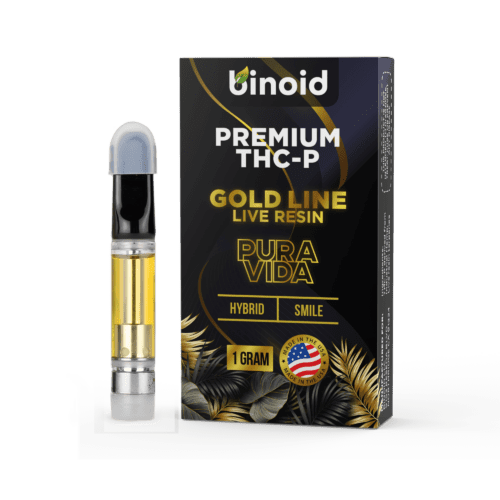 THC-P Live Resin Vape Cartridge – Pura Vida$31.99
THC-P Live Resin Vape Cartridge – Pura Vida$31.99$69.99 -
Product on sale
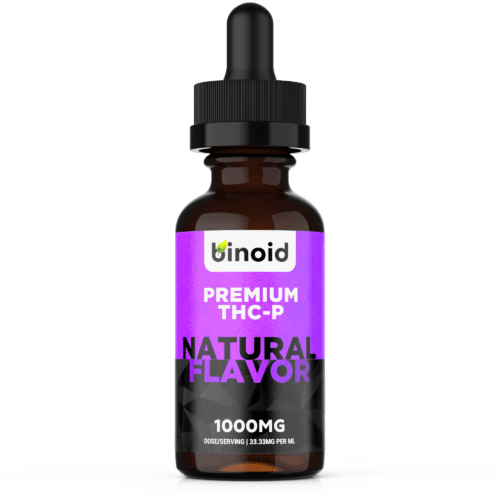 THC-P Tincture – 1000mg$30.99
THC-P Tincture – 1000mg$30.99$79.99 -
Product on sale
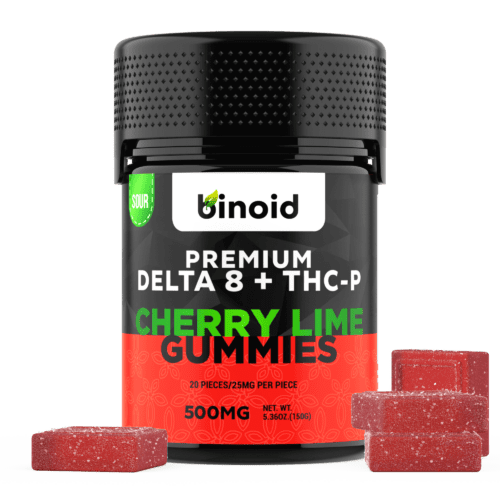 THC-P Gummies – Sour Cherry Lime$28.99
THC-P Gummies – Sour Cherry Lime$28.99$59.99
Can THC-P Result in a Failed Drug Test?
Now, let’s get back into the practicalities regarding THC-P. One question that we’ve been getting ever since CBD hit the scene is whether or not hemp can cause you to fail a drug test. Well, here’s where it gets interesting. Hemp as a whole, in the form of flower or full spectrum hemp, will not usually cause a failed drug test. This is because the amount of THC, including both delta 8 and delta 9, is so low in hemp that it won’t even register.
However, THC-P is different chemically than regular THC. Therefore it is possible it will not show up. On the other side, We also stay on the side of caution. This means I would act as if THC-P products will trigger a drug test. Whether if it actually does or not.
How THC-P Products Are Made
To take the hemp plant and produce from it THC-P concentrate, companies can choose a few different ways.
Method #1:Extraction
Manually isolating the THC-P compound from the hemp’s composition and extract it to create a concentrate. As you can imagine, extracting a compound that is present in less than 0.1 percent of the plant’s entire makeup is tedious and expensive, because an enormous amount of plant material must be used to produce a fair amount of extract.
Method #2: Rearranging Compounds
Becoming increasingly popular and a bit more complex, although less expensive overall. THC-P can be made with an extensive process similar to what it takes to make THCV.
Companies have found ways to rearrange these atoms in order to turn hemp compounds into delta 8 and other compounds. What’s unique about this process is that it’s also much more “sound” in terms of its legality. CBD is known to be a largely safe substance, and by using molecular chemistry to turn it into THC-P, you’re helping to break the association to delta 9 THC.
-
Product on sale
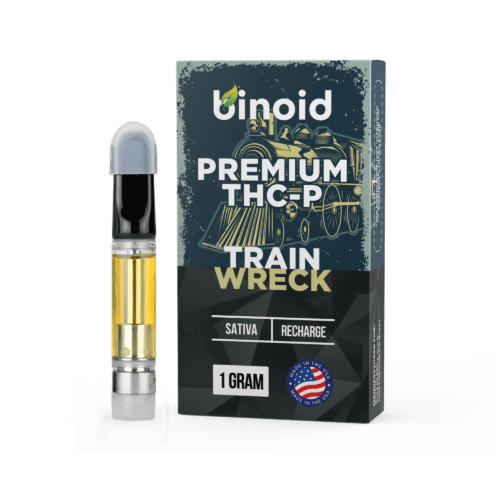 THC-P Vape Cartridge – Trainwreck$30.99
THC-P Vape Cartridge – Trainwreck$30.99$59.99 -
Product on sale
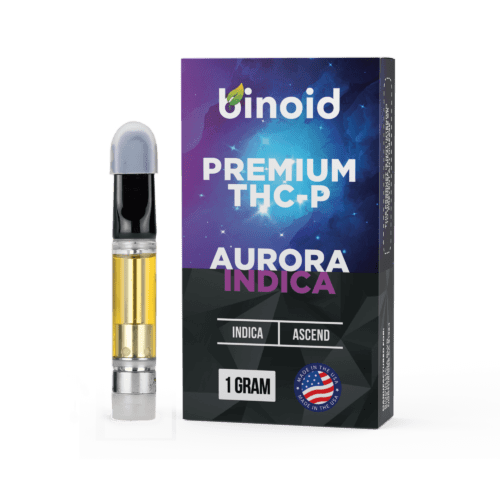 THC-P Vape Cartridge – Aurora Indica$30.99
THC-P Vape Cartridge – Aurora Indica$30.99$59.99 -
Product on sale
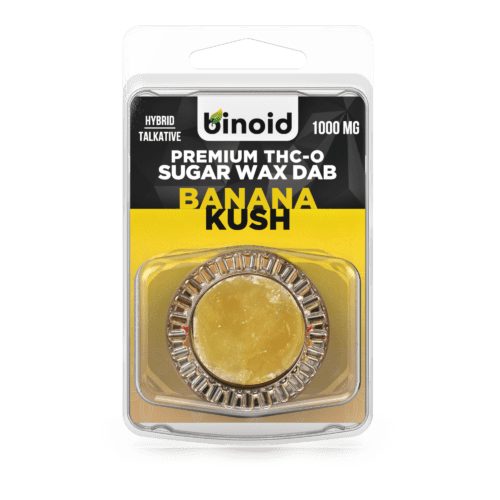 THC-P Wax Dabs$29.99
THC-P Wax Dabs$29.99$57.99
Can THC-P Be Discovered on a Lab Test by Law Enforcement?
Another concern that many have is that THC-P may be read if analyzed by a lab. Let’s say a cop pulls you over and discovers your THC-P vape oil. Then, they confiscate it and test it to see whether or not it’s legal. Again, as stated before, because THC-P and THC-P products are not a THC that means it will likely not spike anything on a drug test.
For now, it looks like you can carry THC-P products without worry. However, this does not mean using the products irresponsibility. Still do not operate machinery after taking THC-P.
Guide for Using THC-P Legally
After learning all of this about THC-P, you might be ready to dive into it, but want to make sure that you do so with as little a risk of legal repercussion as possible. Let’s walk you through the steps of using THC-P safely and legally.
Tip #1: Make Sure Your State Allows It
The first thing that you need to do is make sure that your state does allow THC-P according to law. Now, like we said, state law can change at any time. This means that just because it was legal in your state six months ago doesn’t mean that it still is.
Tip #2: Ensure It’s Hemp-Derived
THC-P must come from the hemp plant to be considered legal. This is because the hemp bill is not considered a classified substance as marijuana is. So, ensure that the company you’re buying from uses the hemp plant to stay within legal limits.
Tip #3: Find Out the Extraction Method Used
Another thing to do is find out how the THC-P was extracted by the company that you plan to buy from. If you cannot find info on their website, contact them yourself. The FDA has not regulated THC-P, nor any other hemp products. Therefore, be careful of the quality of THC-P distillate and the safety of products you buy online.
Tip #4: Look for a Lab Analysis
Next, look for a lab analysis. Any good company producing THC-P products wants to prove their legitimacy, and so they will provide a third-party lab report to customers. This means that they had their THC-P tested by an unbiased facility. When looking at this lab report, make sure that it contains pure THC-P at high percentages.
Tip #5: Be Mindful of When and Where You Use it
Finally, make a point to use THC-P responsibly. Even though it may be legal in your state, law enforcement may be confused by what it is and decide that you’re using an illegal substance. While technically they may be in the wrong, it’s not worth the hassle of having to explain yourself. Further, many law enforcement officials don’t even know what THC-P is, and so they might not believe you when you explain to them that it’s a federally legal substance.
To buy THC-P Products Click Here
-
Product on sale
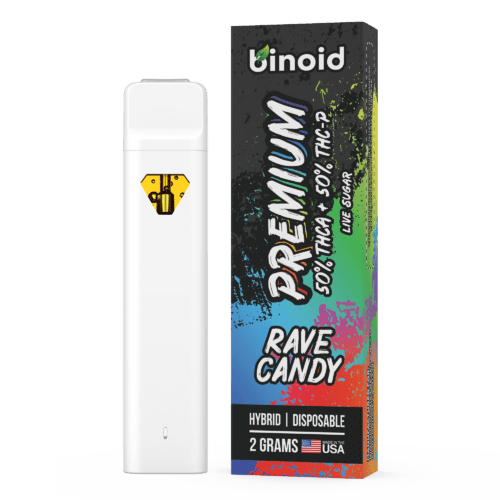 Live Sugar THCA + THC-P Disposable Vape – Pure 50/50$39.99
Live Sugar THCA + THC-P Disposable Vape – Pure 50/50$39.99$69.99 -
Product on sale
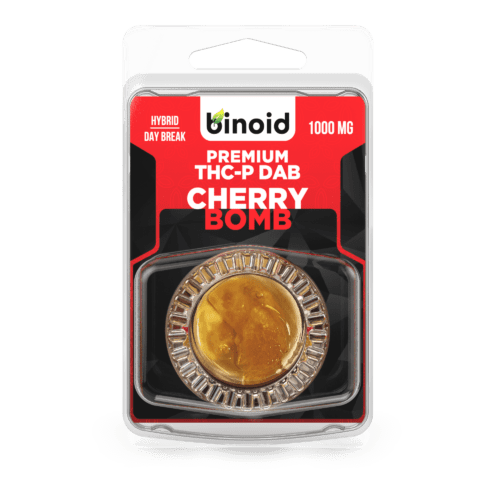 THC-P Wax Dabs$29.99
THC-P Wax Dabs$29.99$57.99 -
Product on sale
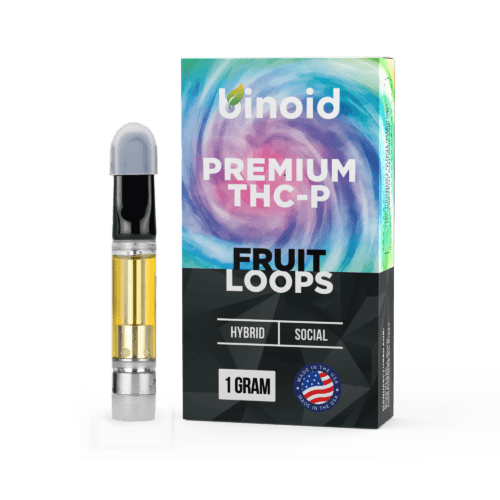 THC-P Vape Cartridge – Fruit Loops$30.99
THC-P Vape Cartridge – Fruit Loops$30.99$59.99

